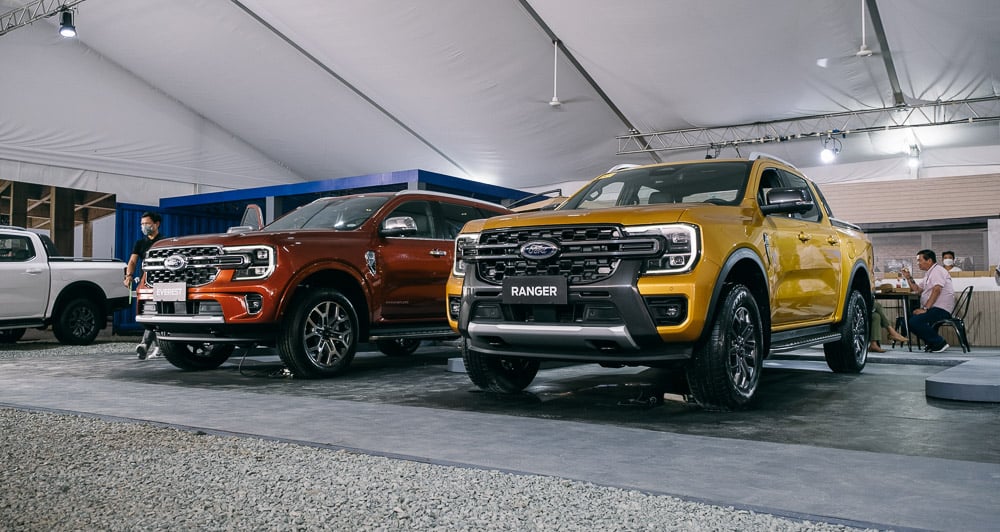
When both the T6-based Ford Ranger and Everest were unveiled a decade ago, they shook their respective segments. They easily became the yardsticks against which their competitors were measured. The Ranger at one time was the biggest, most powerful, and most capable pickup available. The Everest, on the other hand, packed a great number of features normally seen on other upscale vehicles.
The duo had the longest list of standard equipment and tech among their peers, and it took rivals years to try and match what they offered. And just when the others have managed to catch up, Ford decides to take the Ranger and the Everest up another level.
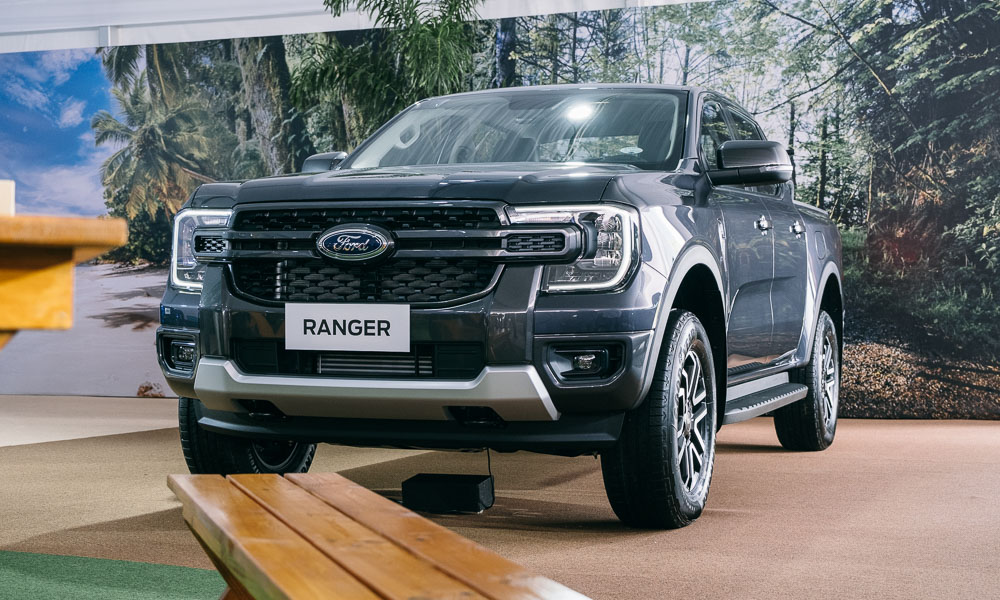
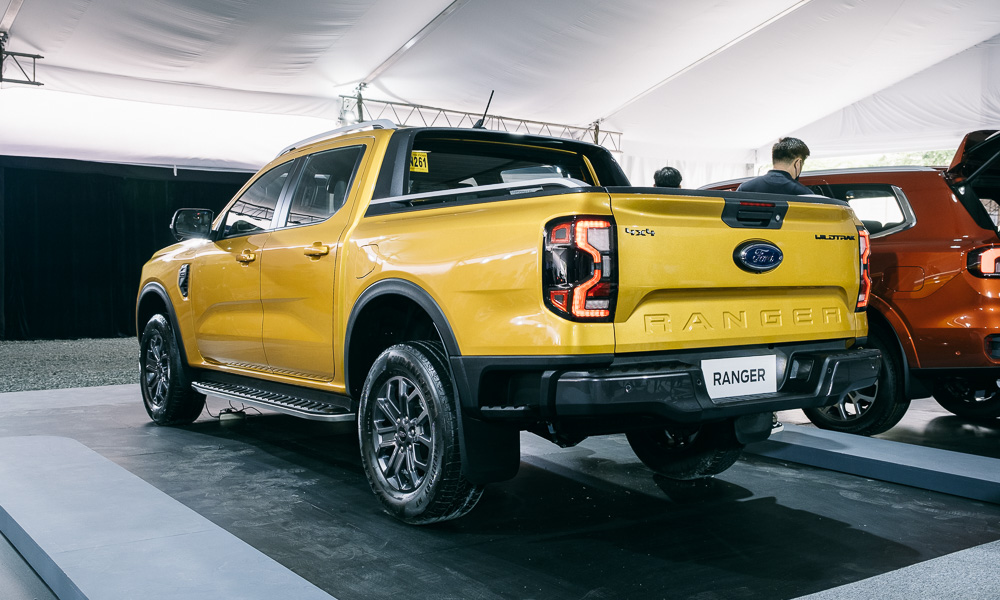
First, the all-new Ranger. During the regional launch, the American carmaker said customer feedback had been the main driving force in the development of the new truck.
Ford still used the T6 platform but made modifications to make the new truck even better. Aside from the obviously new exterior and interior, one of the most standout features is the use of an eight-inch digital instrument cluster and 10-inch (or 12-inch for the range-topping Wildtrak) portrait touchscreen. And these are available even in the most affordable variant, the XL.
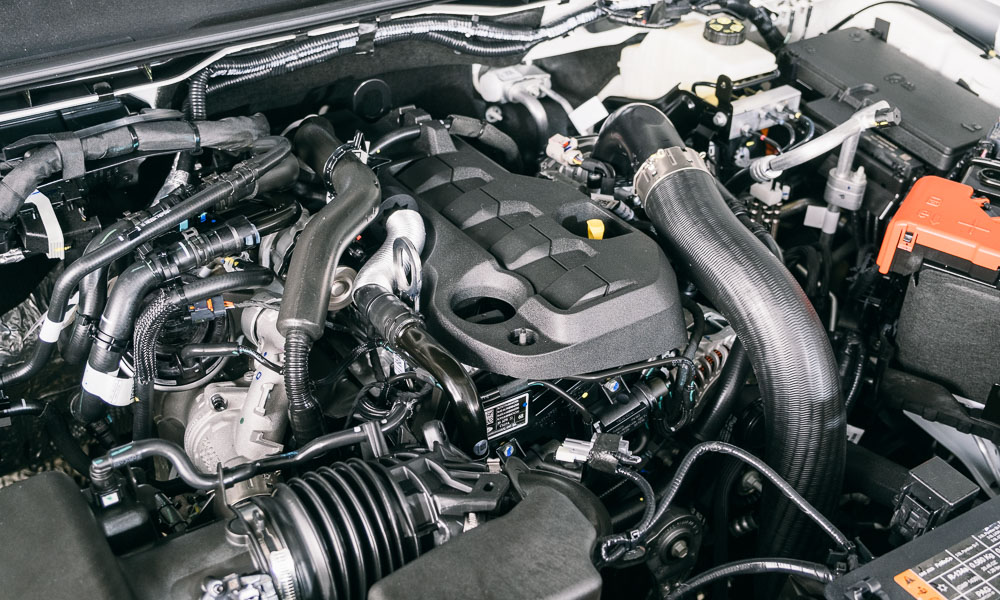
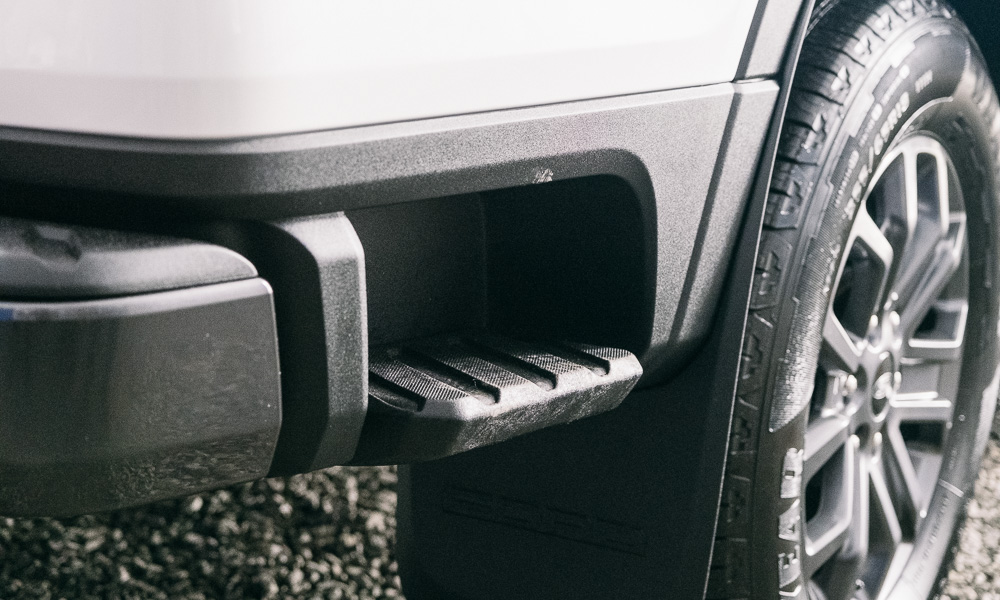
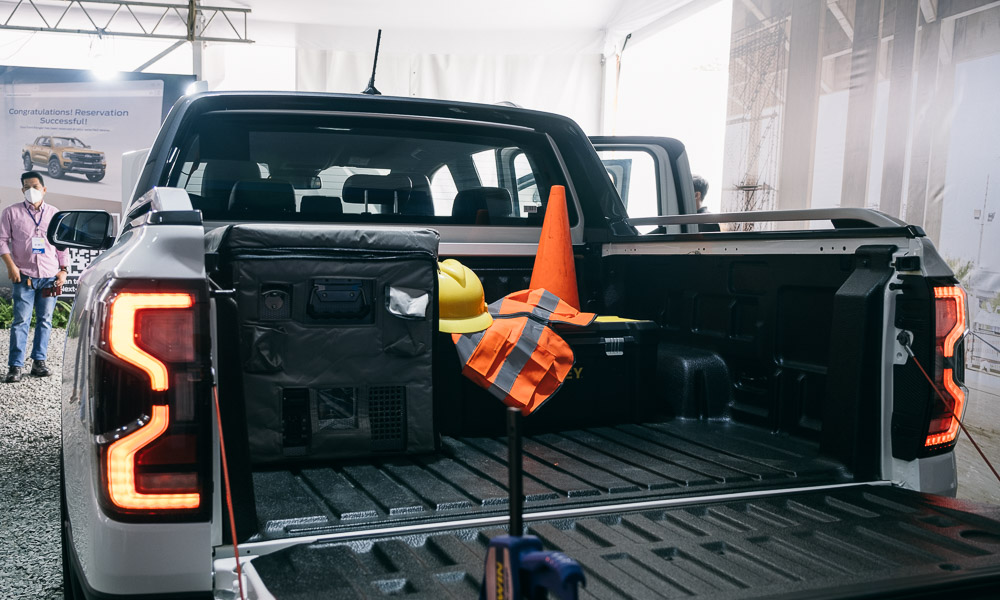
The difference between the variants is a suite of additional features and visual enhancements, like how the top-of-the-line Wildtrak 4×4 gets Matrix LED headlights, driver assist systems like adaptive cruise control, 360° camera, and blind-spot monitoring.
Even the 2.0-liter single-turbo diesel engine is shared by the XL, XLS, XLT, Sport, and Wildtrak 4×2 variants. The XLS, XLT, Sport and Wildtrak 4×2 variants come with the six-speed automatic transmission, while the XL and XLS MT variants can be had with a six-speed manual.
The Wildtrak 4×4 variant is the sole variant with the 2.0-liter biturbo diesel engine and the 10-speed automatic.
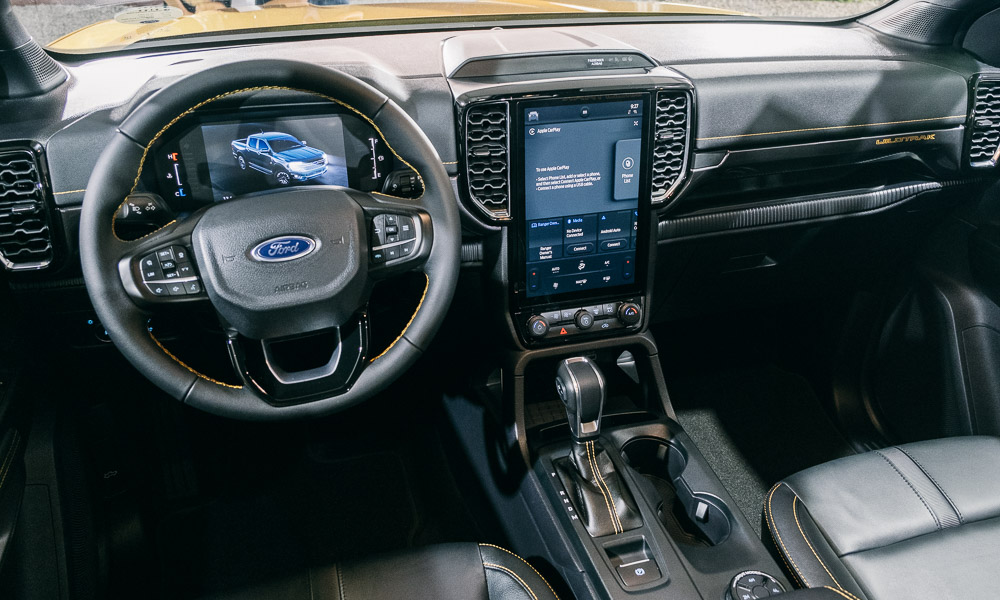
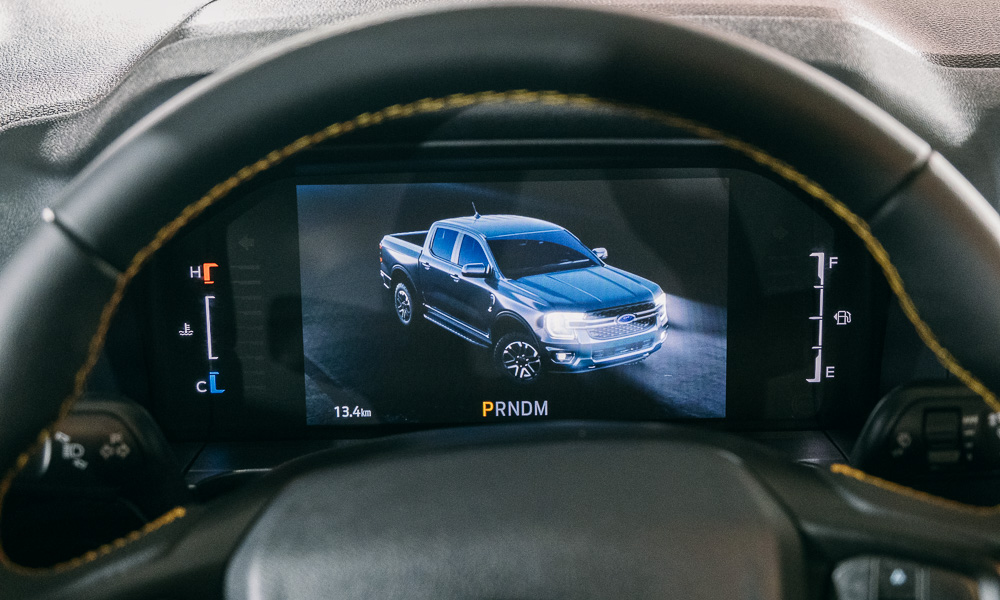
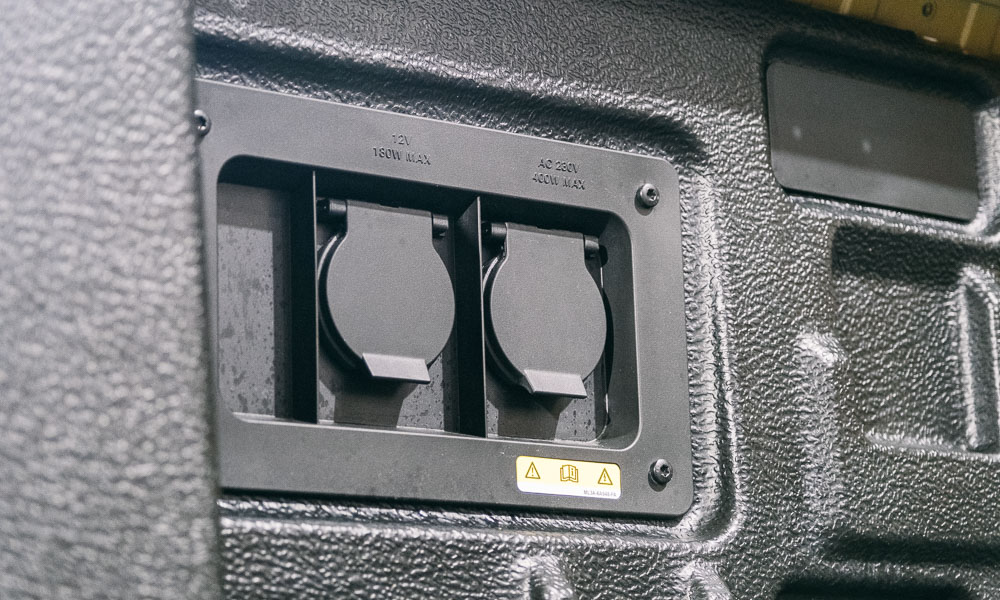
But the clincher has to be the pricing. The Ranger is priced so competitively that it starts at P1,198,000 and tops at P1,875,000—the same price range as its competitors. And with more standard features across the range, it’s easy to see why buyers would gravitate toward the Ranger.
- 2.0L Biturbo Wildtrak 4×4 AT – P1,875,000
- 2.0L Turbo Wildtrak 4×2 AT – P1,569,000
- 2.0L Turbo Sport 4×4 AT – P1,594,000
- 2.0L Turbo Sport 4×2 AT – P1,474,000
- 2.0L Turbo XLT 4×2 AT – P1,374,000
- 2.0L Turbo XLS 4×2 AT – P1,273,000
- 2.0L Turbo XLS 4×2 MT – P1,198,000
- 2.0L Turbo XL 4×4 MT – P1,198,000
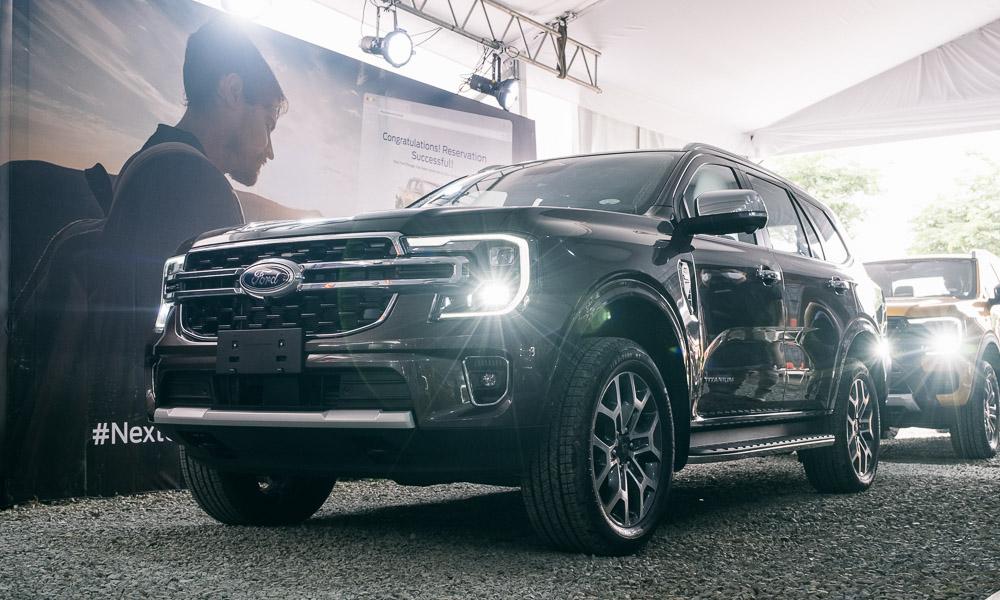
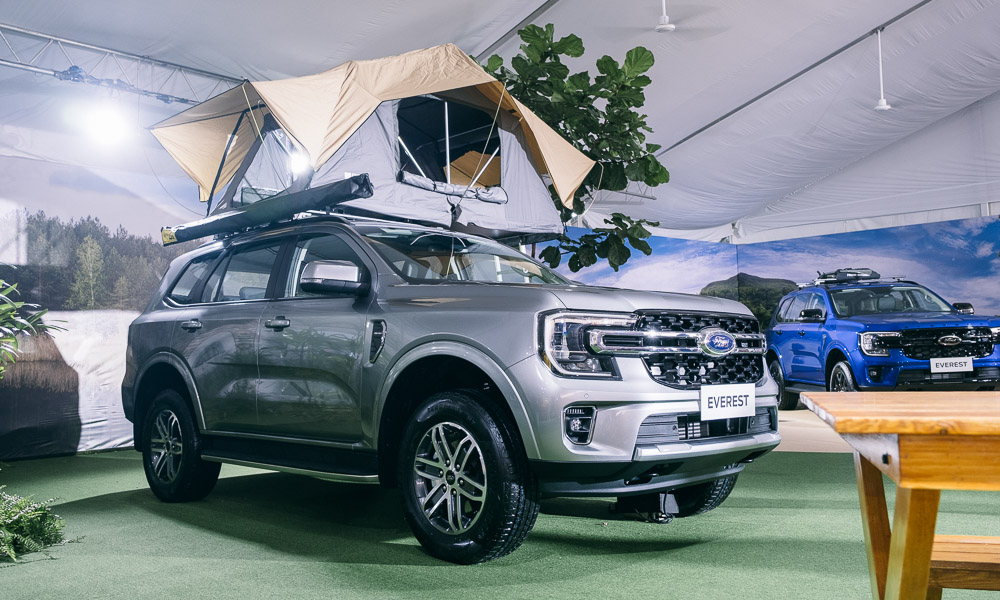
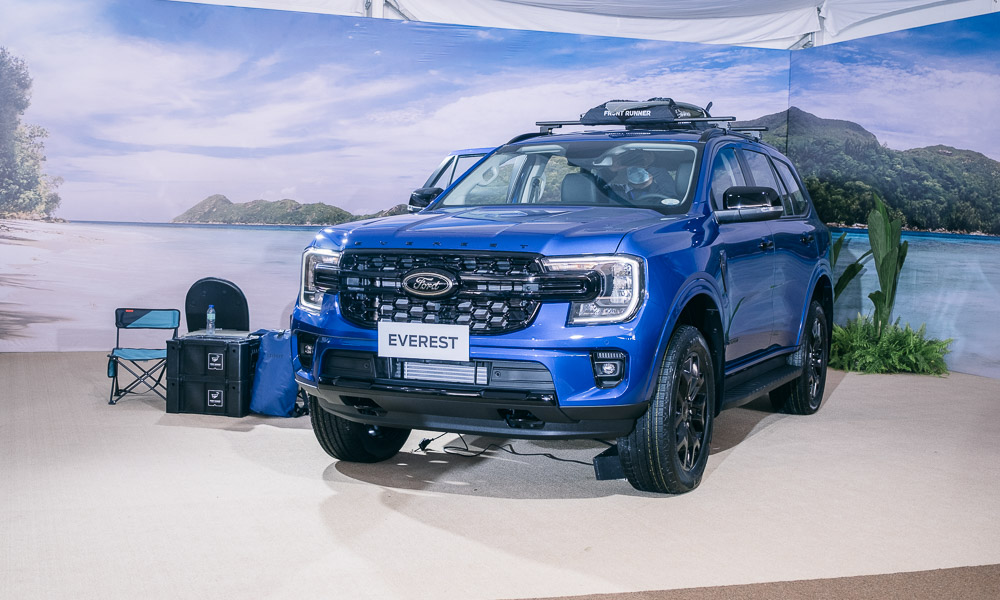
And then, there’s the new Everest. Like its platform twin, it is set to dominate the segment with several new features that aim to elevate the midsize-SUV experience.
For those who prefer to row through the gears themselves, we have bad news for you. No new Everest model is equipped with a manual transmission. While most of the variants have a six-speed slushbox, the range-topping Titanium+ 4×4 is the only one to have the retuned 10-speed automatic.
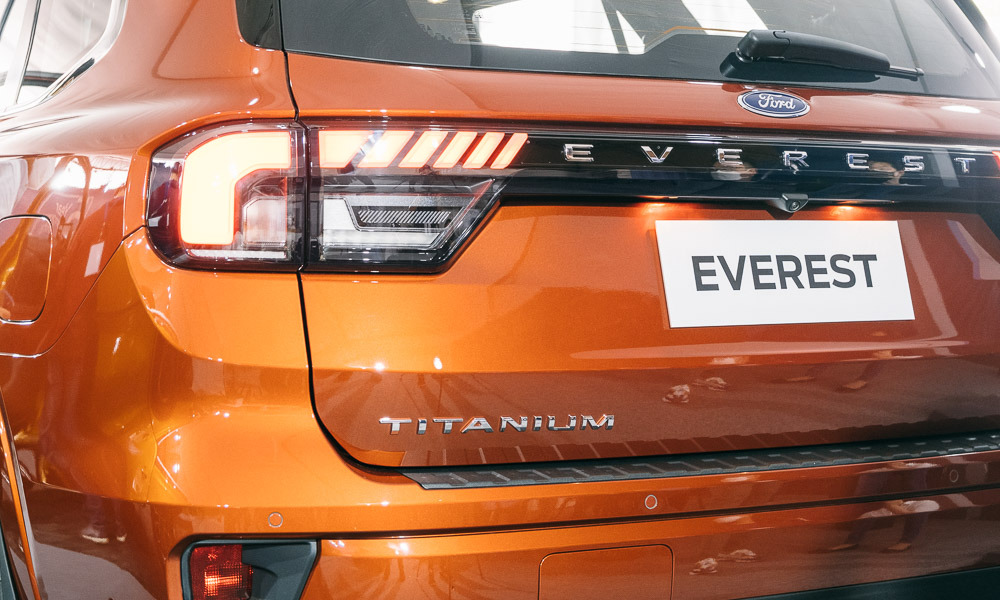
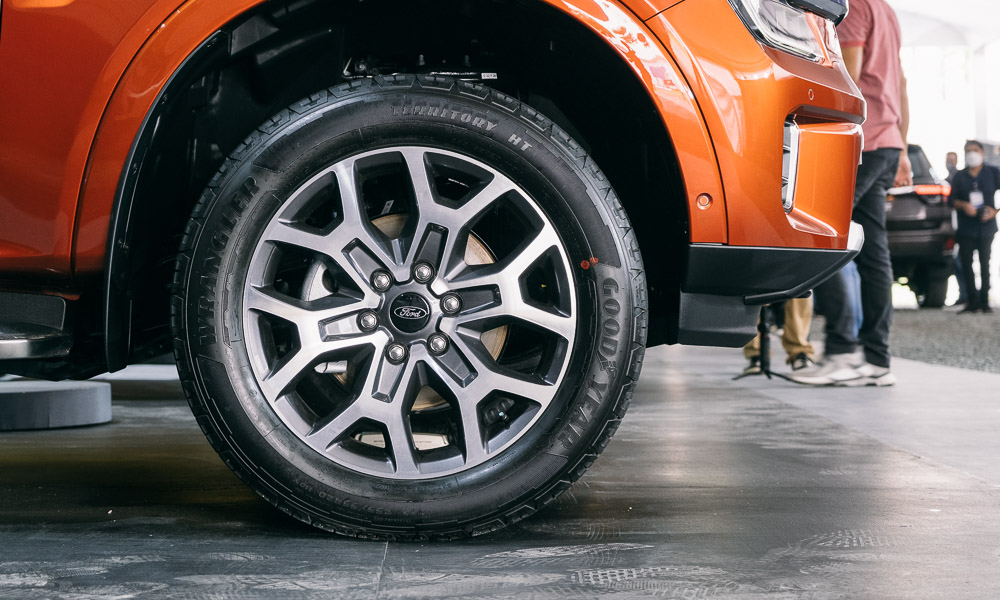
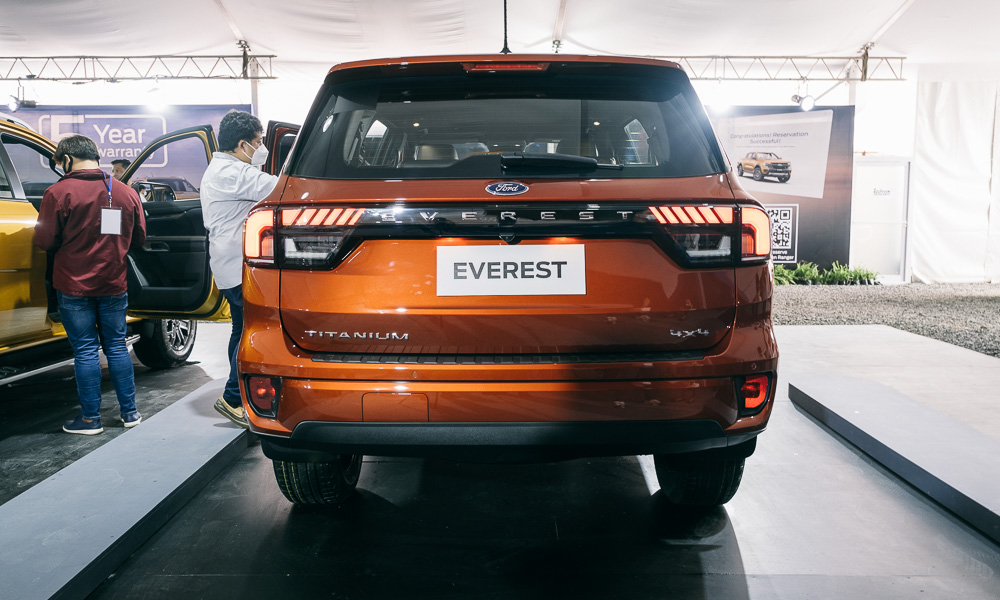
The all-new Everest also sports the car company’s corporate face. It has all the features and the niceties of its pickup brother, plus some—like a huge panoramic moonroof, a bigger 12-inch digital instrument cluster (on the top-of-the-line Titanium+ 4×4), eight-way power-adjustable front seats, an eight-speaker audio system, and a smarter park assist feature.
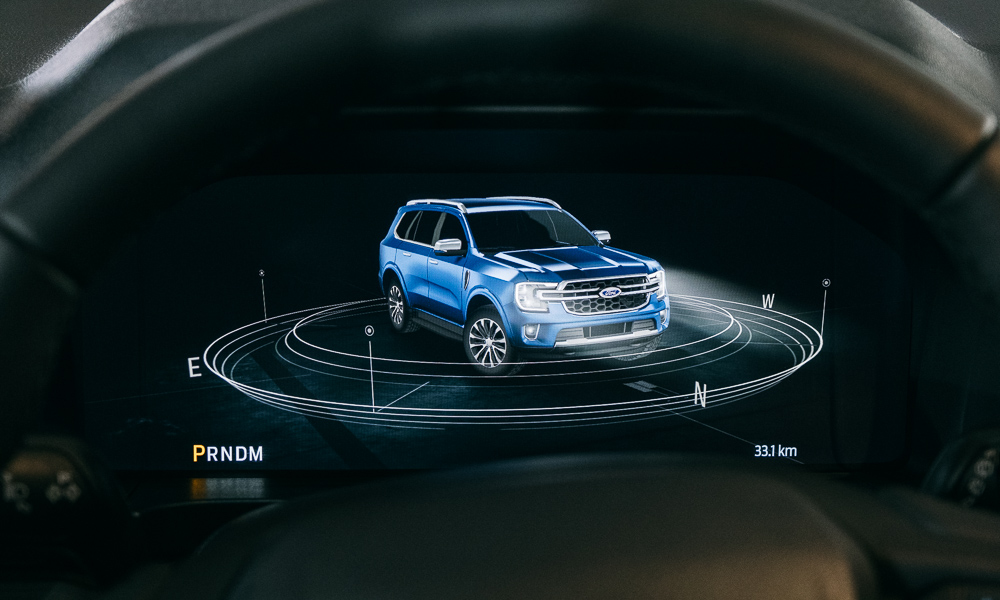
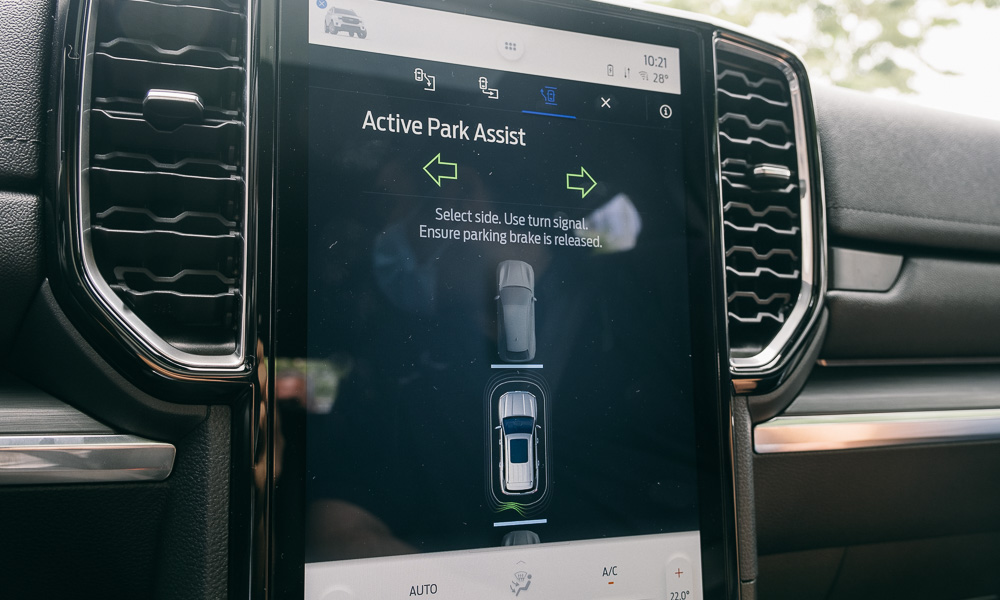
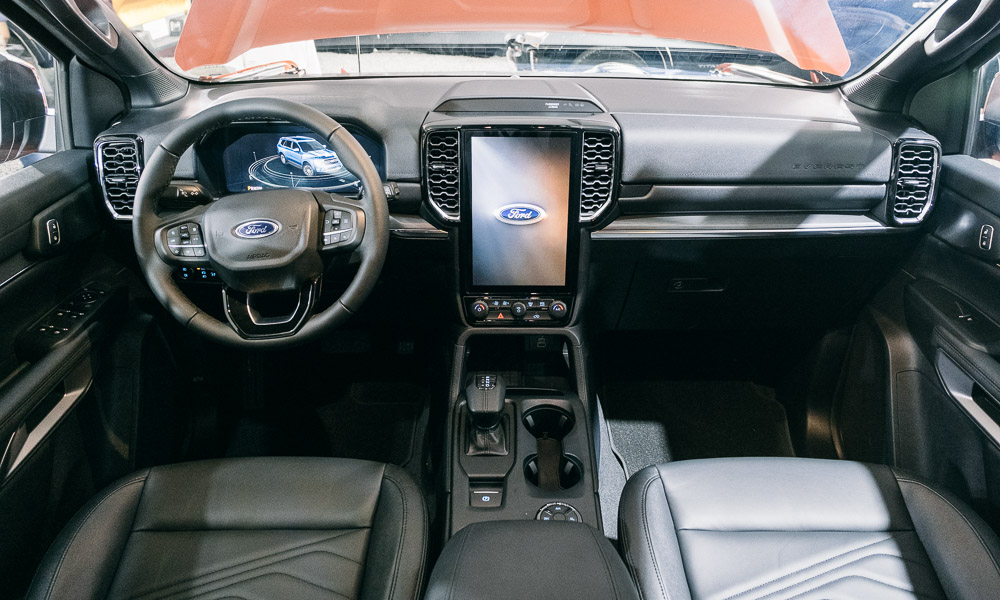
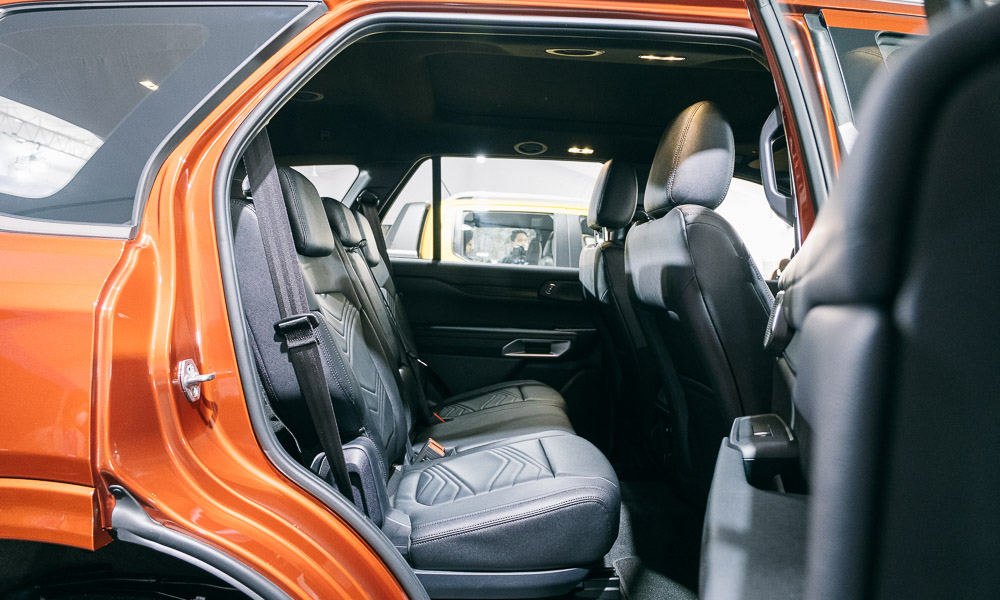
Like the Ranger, the all-new Everest is priced competitively against its rivals—starting at P1,799,000 and topping out at P2,495,000.
- 2.0L Biturbo Titanium+ 4×4 AT – P2,495,000
- 2.0L Turbo Titanium+ 4×2 AT – P2,179,000
- 2.0L Turbo Sport 4×2 AT – P2,089,000
- 2.0L Turbo Limited 4×2 AT – P1,999,000
- 2.0L Turbo Trend 4×2 AT – P1,799,000
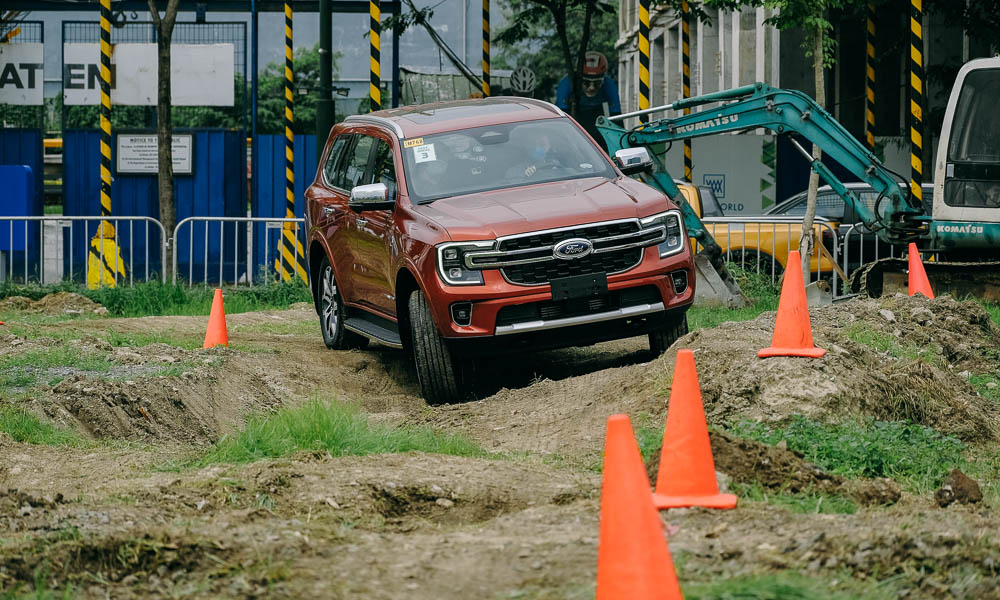
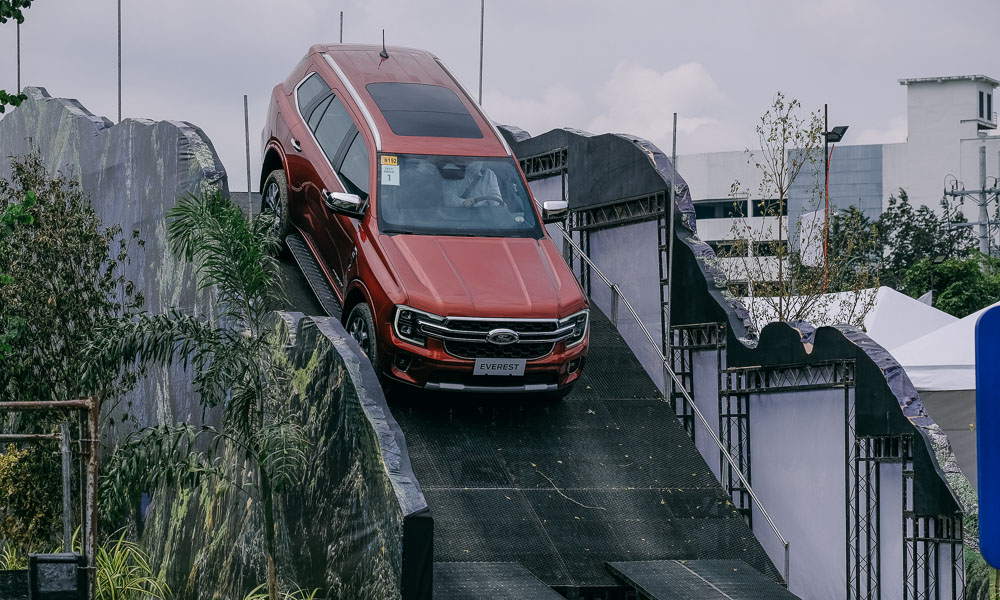
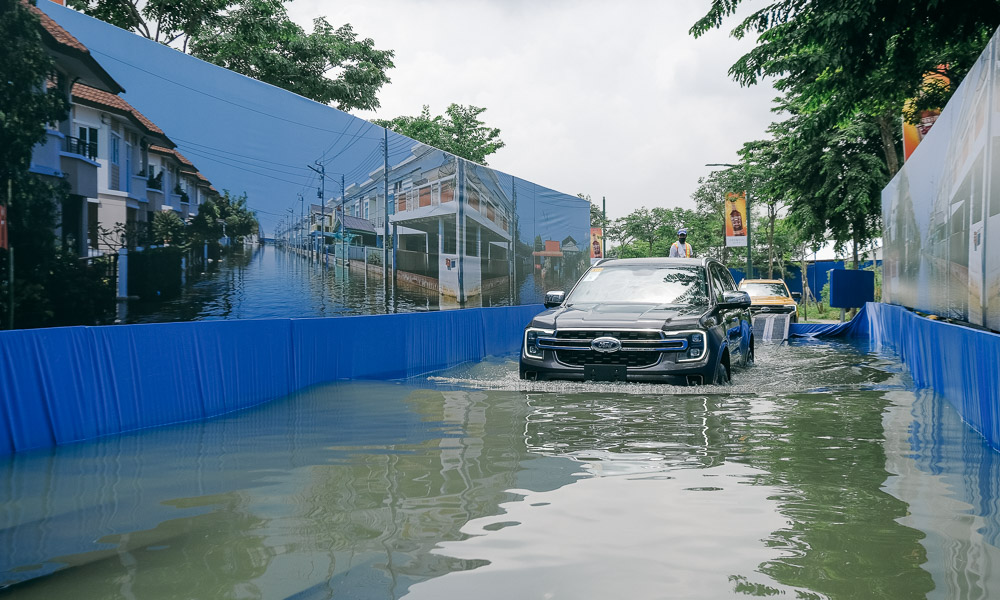
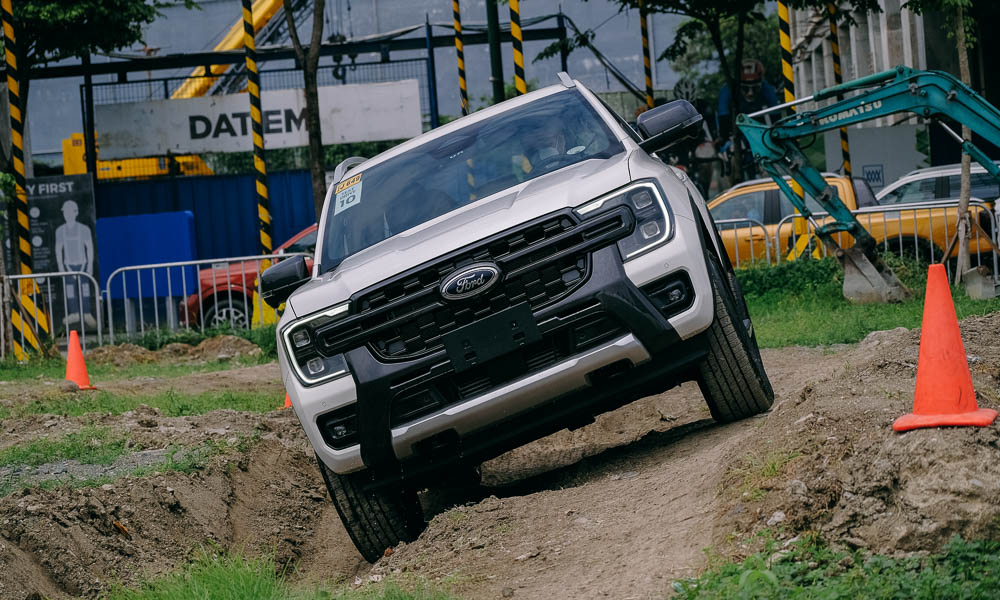
Both the Ranger and the Everest now come with a five-year (or 150,000km) warranty.
If you want to see both vehicles in the metal, Ford Philippines is staging the “Ford Island Conquest” in Arcovia City, Pasig, until July 31 (9am to 8pm). Customers who will reserve any Ford vehicle are entitled to pick a prize that includes valuable items, accessories, cash discounts, and free scheduled service plans.

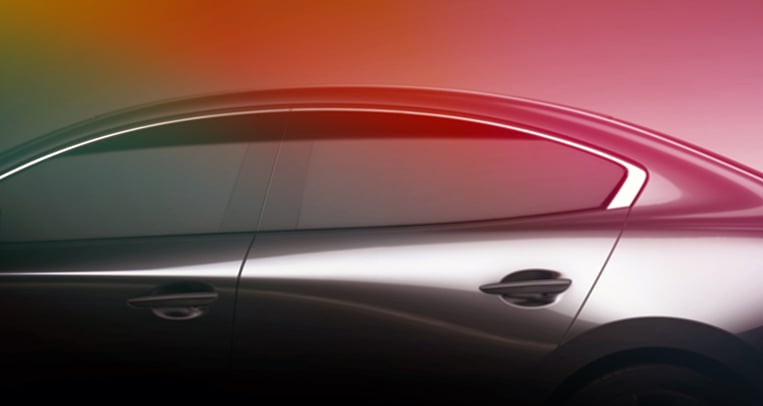
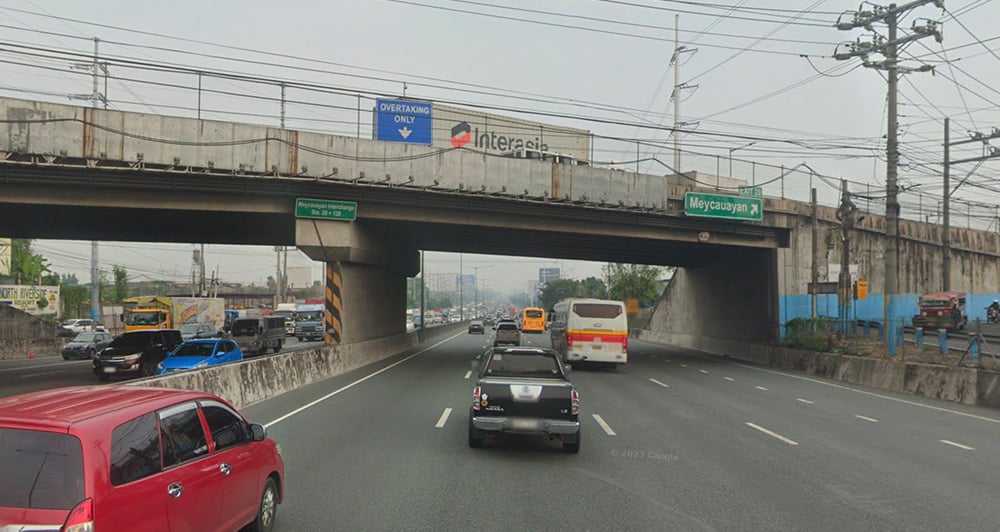
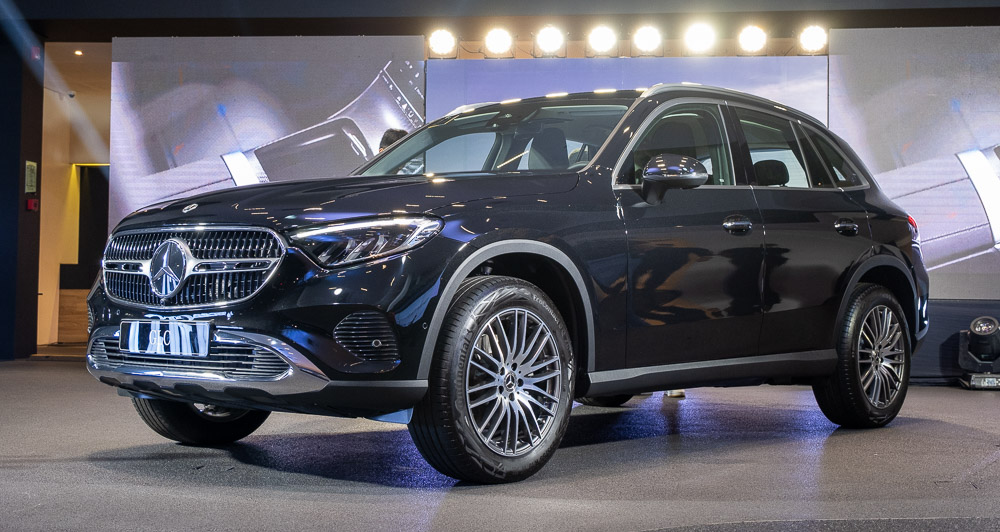
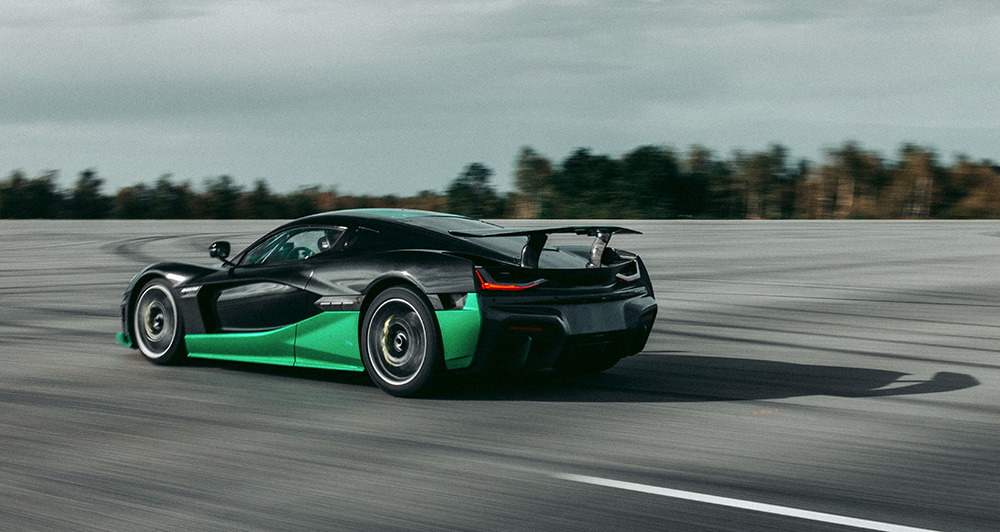
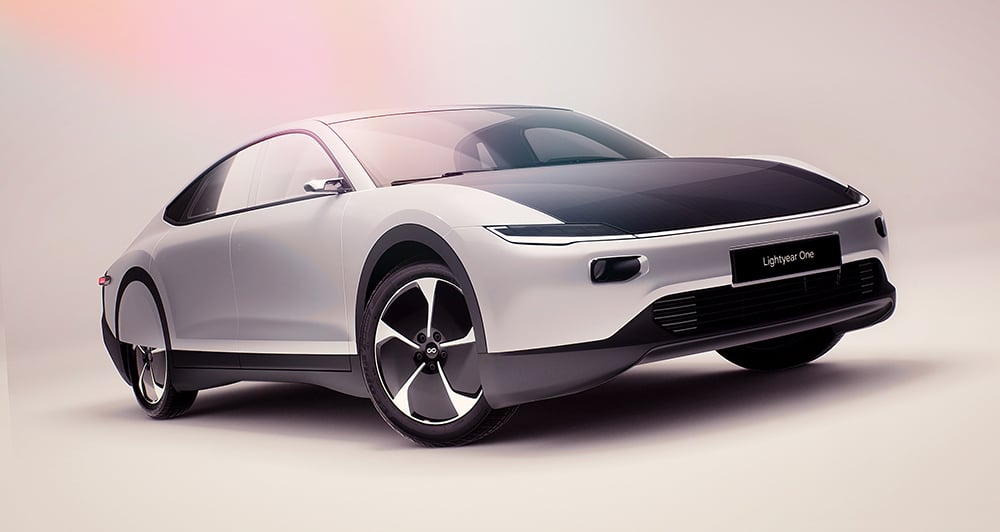
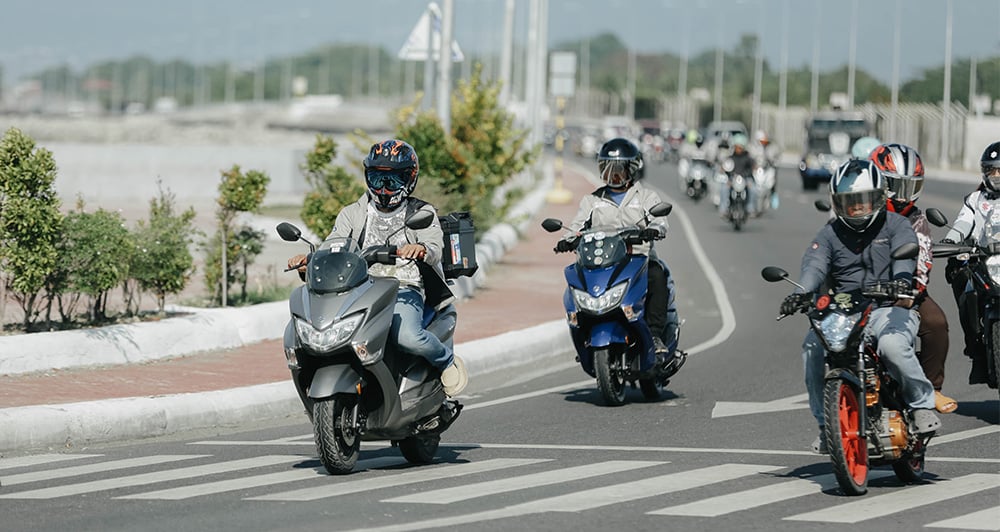
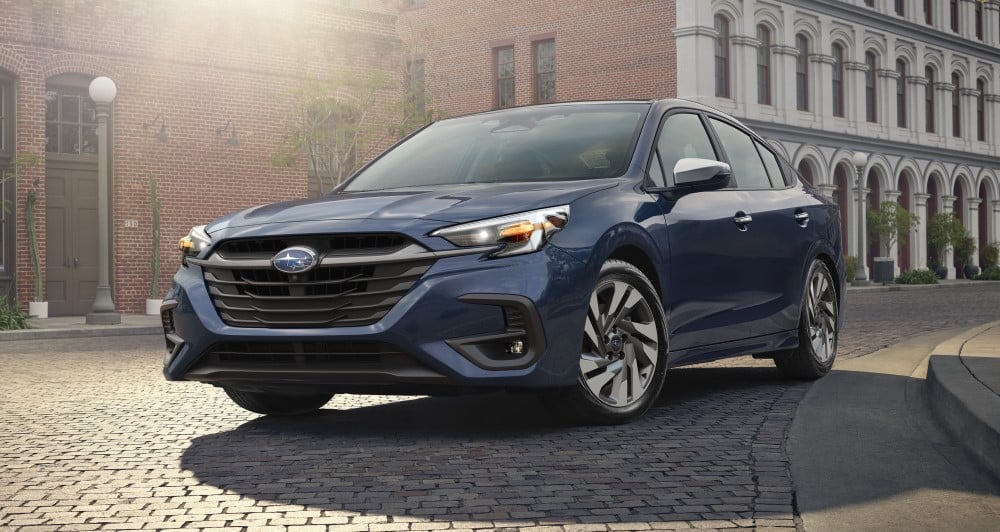
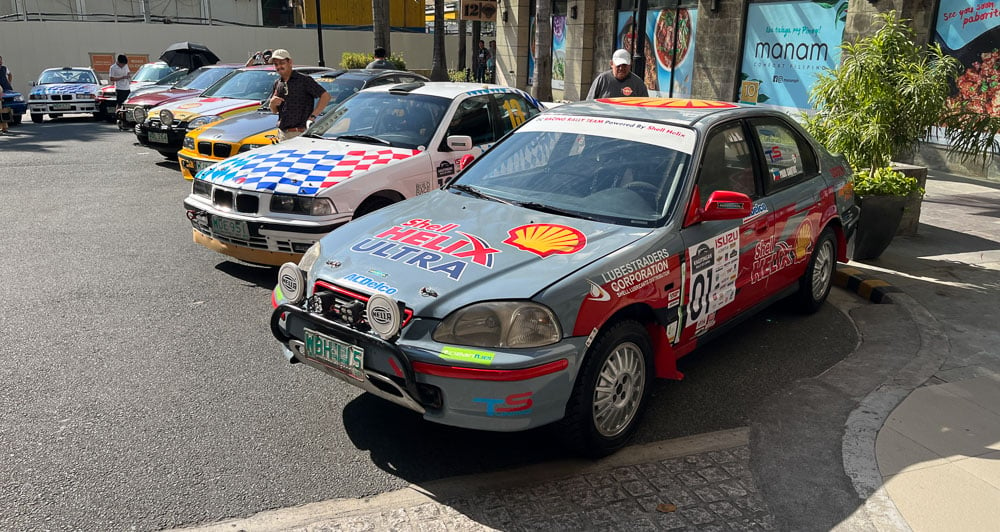
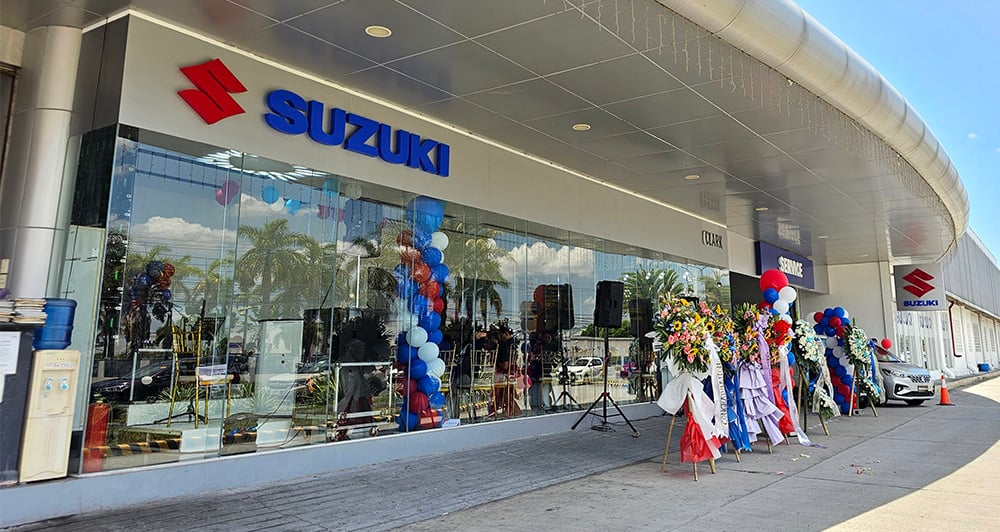
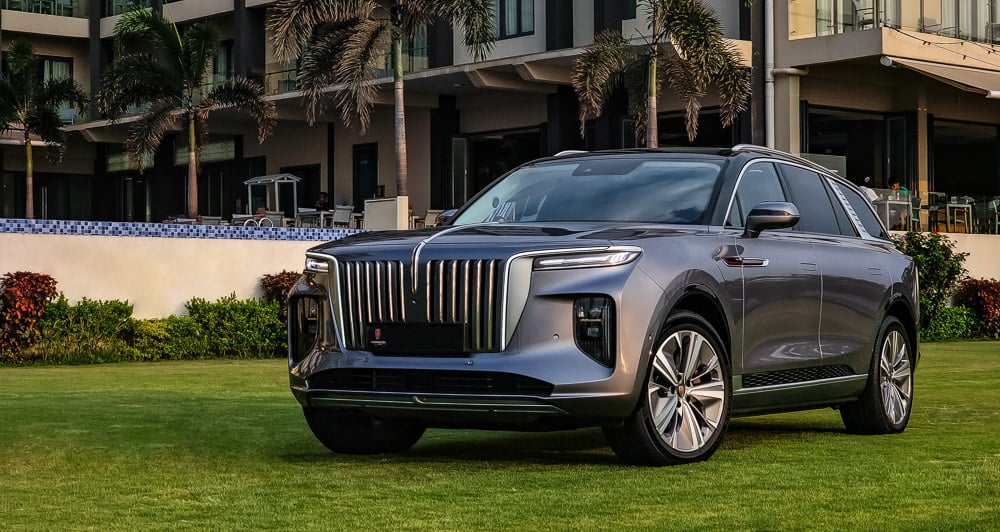
Comments